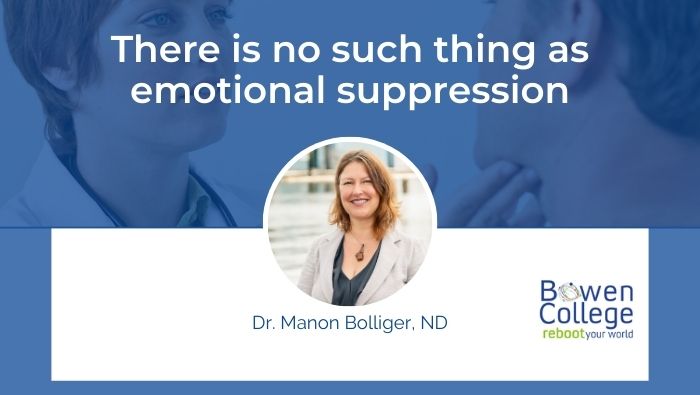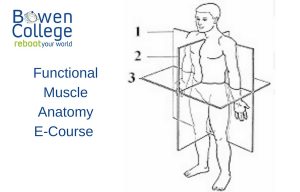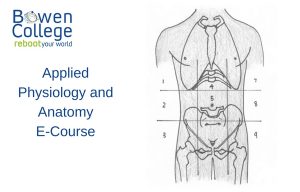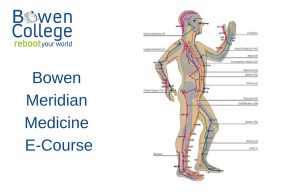In my other post (https://www.bowencollege.com/emotional-release-and-good-health/) we explored the idea of suppression. The body is not equipped to suppress itself. Illness is either expressed through signs and symptoms or released through elimination or detoxification pathways. There is no covert activity that self-sabotages. If not expressing symptoms of detoxification, ridding itself of debris from the environment or its own metabolism, the body’s reacting with an inflammatory process to achieve homeostasis.
An “unexpressed” symptom is not a suppressed symptom. An unexpressed symptom could be a family disposition for asthma or cardiovascular disease, which has not yet, and perhaps never will, manifest itself (i.e. in a “dormant” state.)
It is a mental construct that one can consciously suppress one’s emotions. One has them or does not. Short-term management strategies for dealing with emotions that do not fit into the social construct exist; people make conscious choices not to “share” their emotions. To call that “suppression” has implications.
Short-term strategies include avoidance through distraction, social isolation, or introspective behaviors, but eventually an emotion is either naturally released, with no further ramifications, or continues to be experienced – expressed or not. From the perspective of homeopathic medicine, it is a symptom, and it informs the treatment choice.
I am not convinced that an “expressed” emotion is any different than a felt and “unexpressed” emotion on the face of it. What might make the difference between the two is how one processes the emotion, either alone or with another. The processing of emotion, which occurs when people “retreat” into themselves, may well be part of the healing response, much as “sickness behavior” is part of the immune system’s repertoire for dealing with stress.









